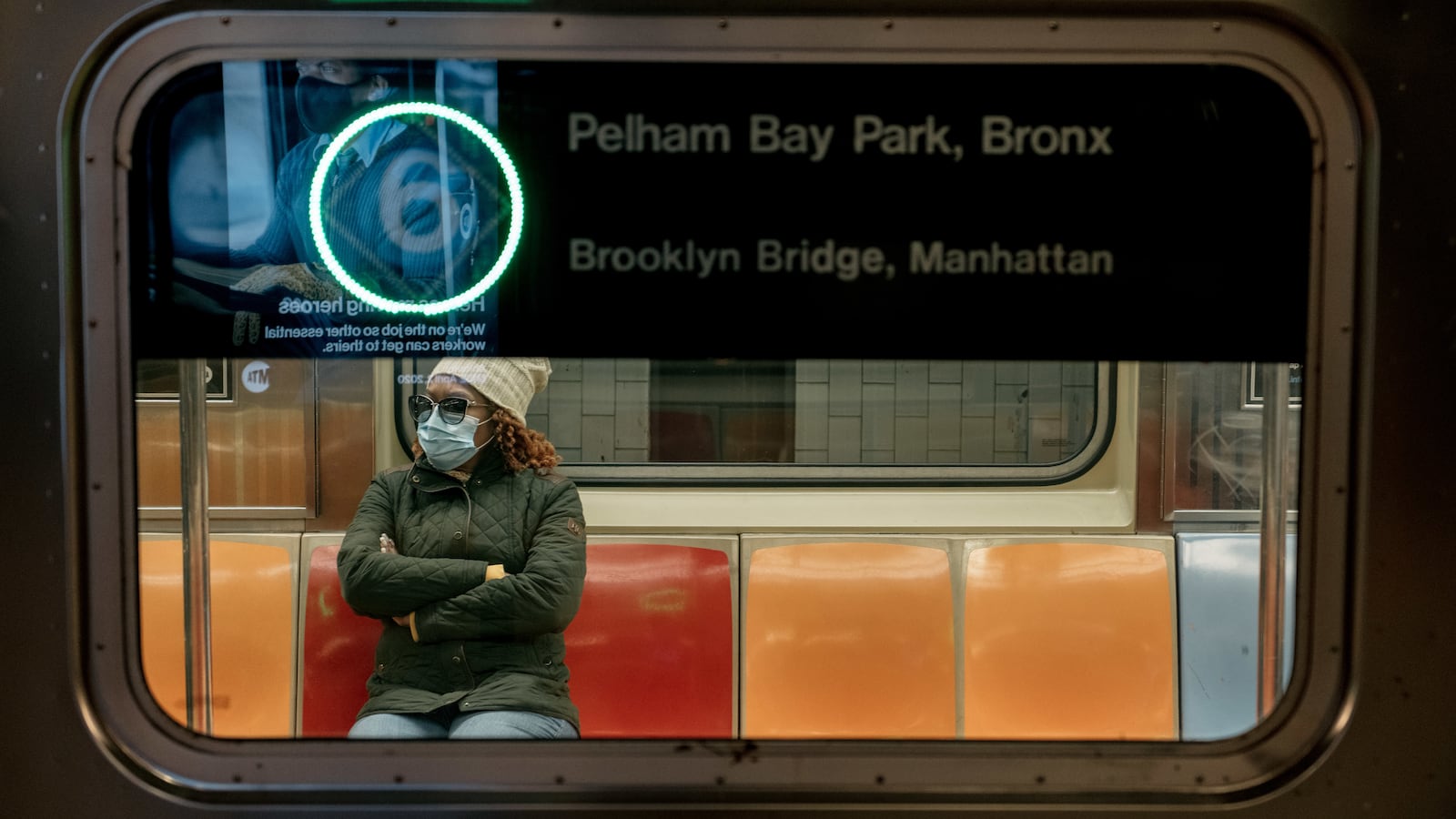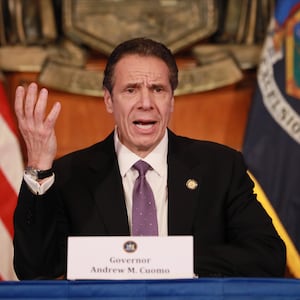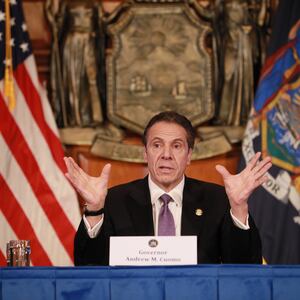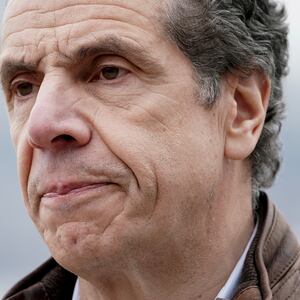New York Gov. Andrew Cuomo said Wednesday that while local officials may “feel political pressure” to lift shelter-in-place restrictions amid the coronavirus pandemic, he refuses to open up his virus-stricken state until steps are in place to avoid a second wave of the disease.
“I get the pressure, but we can’t make a bad decision. Frankly, this is no time to act stupidly. Period. I don’t know how else to say it," Cuomo said at a press conference in Albany, adding that the decision to reopen New York’s economy should be based on “facts” and not “political pressure.” “I’m not going to have the political obituary of this era be, well, they acted imprudently.”
Cuomo’s warning came as protesters gathered at New York’s state capitol to demonstrate against the stay-at-home order in place until at least May 15. The demonstration follows several protests in defiance of social-distancing guidelines that have erupted nationwide against public health orders to stay at home and close down non-essential businesses.
He added that while residents may be feeling “cabin fever,” reopening the state prematurely—and without the coordination of neighboring states—would set back any progress the Empire State has seen in flattening the curve of the virus.
Addressing the protesters outside the capitol, Cuomo said, “The illness is death. What’s worse than that? This isn’t just about you... It’s about we.” He half-jokingly added that if New Yorkers are so desperate to work amid the virus, they should “go get a job as an essential worker.”
To date, 15,302 residents have died and 258,589 more have been infected by the coronavirus across the state, Cuomo said. Despite those devastating numbers, the daily death toll across the state has dramatically decreased, with 474 deaths overnight, indicating a “gentle decline.” The rate of hospitalizations and ICU admissions have also decreased.
As officials across the nation are shifting their attention to reopening states’ economies after COVID-19, Cuomo said that diagnostic testing continues to be critical in determining when, and how, individuals will return to work.
Cuomo said that New York, New Jersey, and Connecticut will launch a “nation-leading contact-tracing program,” that will track down residents who may have been exposed or infected, and then trace those they may have been in contact with to contain the spread.
Former New York City Mayor Michael Bloomberg volunteered to help the state develop a testing-tracing-isolation program along with Johns Hopkins University and Vital Strategies, Cuomo said.
Mayor Bill de Blasio also announced New York City’s initiative to help the state “test and trace” the virus, saying that city officials are striving to have widespread testing available in every community. Those who test positive will then be given care “right away,” and if they’re unable to isolate properly, they will be placed in hotel rooms across the five boroughs.
“We’ll get you the help you need. The whole idea is to help you to isolate to get well, to have the support you need, and of course, get tested again to know when you’re done with the disease so you can go back to your regular life,” de Blasio said.
Cuomo on Wednesday also spoke about his “productive” meeting with President Donald Trump at the White House.
“To me, a productive visit means we spoke the truth. We spoke facts. We made decisions, and we have a plan going forward. And that was accomplished yesterday. And I feel good about it personally,” Cuomo said.
During the meeting, Cuomo said Trump committed to helping the state double its diagnostic and antibody testing to 40,00 tests a day.
“By the way, these are people in the White House who, politically, don't like me. You know, that's the fact, right? You see the president's tweets. He's often tweeted very unkind things about me and my brother,” Cuomo said. “We’ve had conflicts back and forth. But we sat with him. We sat with his team. And that was put aside. Because who really cares how I feel or how he feels? Who cares? Get the job done.”









